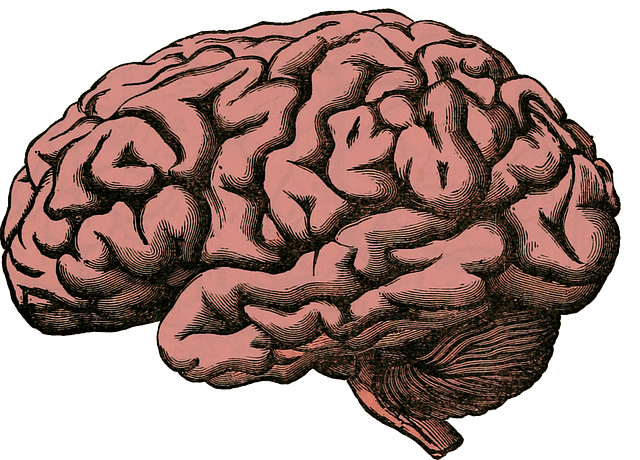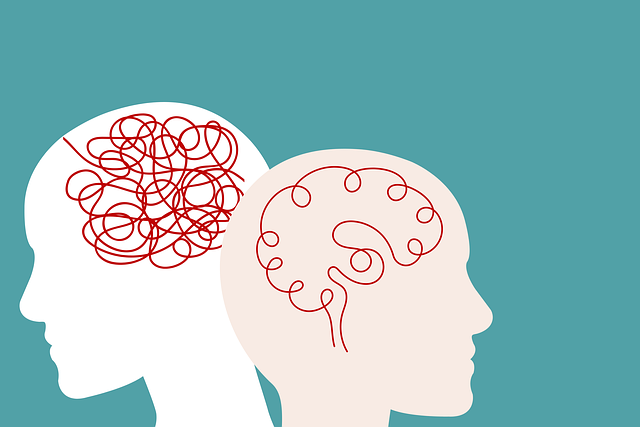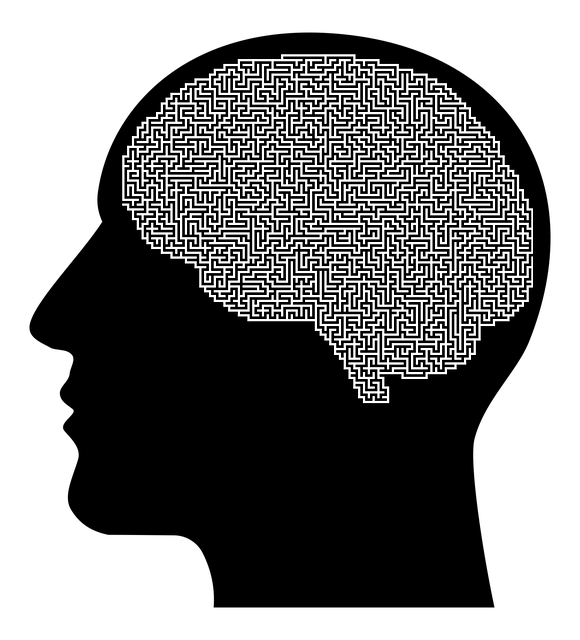Broomfield Depression Therapy offers a holistic, recovery-focused approach to combat depression, integrating cognitive-behavioral strategies, mindfulness practices, and supportive counseling. Their innovative program emphasizes building resilience through structured exercises like mental wellness journaling and reflection on personal strengths, empowering clients to manage symptoms, enhance emotional intelligence, and lead fulfilling lives while preventing future episodes.
“Uncover the powerful tools of resilience with an exploration of RFM (Recovery-Focused Mental Health) and its transformative role in depression therapy. This article delves into the innovative approach of Broomfield Depression Therapy, offering a comprehensive strategy to combat depressive disorders.
We’ll guide you through the essential components of RFM, focusing on resilience building exercises that empower individuals to overcome challenges. By understanding these techniques, readers can navigate their mental health journey with enhanced coping mechanisms and a brighter outlook.”
- Understanding RFM and Its Role in Depression Therapy
- Broomfield Depression Therapy: A Comprehensive Approach
- Resilience Building Exercises for Overcoming Depression
Understanding RFM and Its Role in Depression Therapy

Understanding RFM, or Recovery-Focused Mental Health, is a transformative approach that plays a pivotal role in Depression Therapy, especially in Broomfield Depression Therapy practices. This therapeutic model shifts the focus from the distressing symptoms to an individual’s strengths and resources, fostering a sense of empowerment and hope. By utilizing RFM principles, therapists can guide clients towards building resilience, which is crucial for navigating life’s challenges and crises.
In the context of crisis intervention guidance, RFM encourages individuals to develop coping strategies that promote mental wellness journaling exercises. This involves reflecting on personal values, strengths, and goals, which in turn enhances mood management skills. Through such exercises, clients are empowered to actively participate in their healing journey, ensuring they have the tools to maintain stability during turbulent times, as recommended by many Broomfield Depression Therapy professionals.
Broomfield Depression Therapy: A Comprehensive Approach

Broomfield Depression Therapy offers a comprehensive approach to addressing depression, targeting its root causes and promoting emotional healing processes. This innovative method goes beyond symptom management by integrating various therapeutic techniques tailored to individual needs. By combining cognitive-behavioral strategies, mindfulness practices, and supportive counseling, this therapy facilitates a profound transformation in one’s mental well-being.
The program places a strong emphasis on risk assessment for mental health professionals, ensuring that participants receive personalized care while prioritizing their safety. Through regular sessions and ongoing support, individuals learn effective coping mechanisms, enhance their problem-solving skills, and develop a stronger sense of resilience. Broomfield Depression Therapy is not just about managing depression; it’s a journey towards prevention and fostering a sustainable, fulfilling life.
Resilience Building Exercises for Overcoming Depression

Resilience building exercises play a pivotal role in combating depression, offering powerful tools for individuals seeking to enhance their mental health and well-being. Broomfield Depression Therapy incorporates various techniques aimed at fostering emotional resilience, enabling clients to navigate life’s challenges more effectively. These exercises focus on developing emotional regulation skills, where individuals learn to manage and understand their emotions, thereby reducing the impact of negative feelings.
Through structured activities and strategies, such as mindfulness practices, cognitive reframing, and stress management techniques, Broomfield Depression Therapy empowers clients to improve their emotional intelligence. This includes recognizing and interpreting emotional cues, which is a crucial aspect of mental health education programs designed to promote self-awareness and proactive coping mechanisms. By integrating these resilience-building exercises into therapy, individuals can develop lasting strategies to overcome depression and lead more fulfilling lives.








